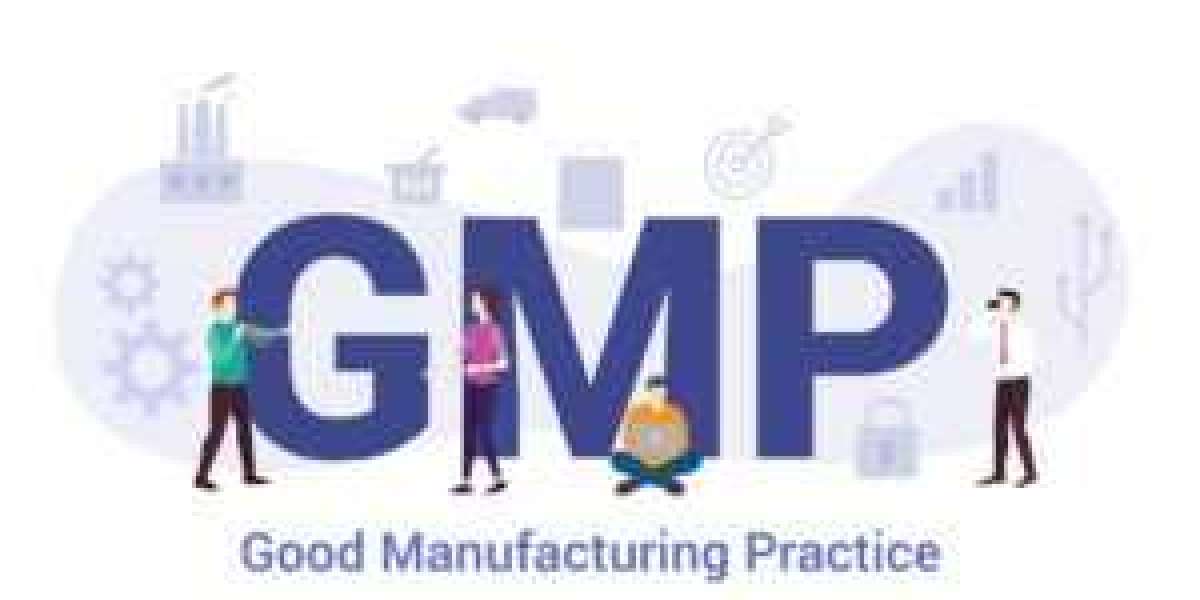Introduction:
Current Good Manufacturing Practices (CGMP) play a crucial role in ensuring the quality, safety, and efficacy of pharmaceutical products. To maintain compliance with regulatory standards and industry best practices, pharmaceutical companies invest in CGMP training for their employees. This training is essential for all personnel involved in the manufacturing process, from production operators to quality control professionals.
The Basics of CGMP:
CGMP refers to the set of guidelines and regulations established by regulatory bodies, such as the U.S. Food and Drug Administration (FDA) and the European Medicines Agency (EMA), to ensure that pharmaceutical products are consistently produced and controlled according to quality standards. These guidelines cover various aspects of the manufacturing process, including facility design, equipment maintenance, personnel training, documentation, and quality control.
Key Components of CGMP Training:
Quality Awareness: CGMP training emphasizes the importance of quality in every aspect of pharmaceutical manufacturing. Employees learn to recognize the impact of their work on the final product and understand the critical role they play in maintaining product integrity.
Documentation and Record Keeping: Rigorous documentation is a fundamental requirement of CGMP. Training programs teach employees how to maintain accurate and detailed records of manufacturing processes, ensuring traceability and accountability throughout the production lifecycle.
Cleanliness and Hygiene: Maintaining a clean and hygienic manufacturing environment is vital for preventing contamination. CGMP training includes guidelines on personal hygiene, proper gowning procedures, and the importance of maintaining a sterile workspace.
Equipment Operation and Maintenance: Proper operation and maintenance of equipment are essential to prevent deviations and ensure consistent product quality. Employees are trained on the correct usage, calibration, and maintenance of manufacturing equipment.
Change Control Procedures: CGMP training covers change control protocols to manage any alterations to the manufacturing process. This ensures that changes are thoroughly evaluated, documented, and implemented without compromising product quality.
Benefits of CGMP Training:
Regulatory Compliance: CGMP training ensures that pharmaceutical companies comply with regulatory requirements, reducing the risk of inspections, fines, and product recalls.
Product Quality and Safety: Well-trained personnel contribute to the production of high-quality and safe pharmaceutical products, instilling confidence in both regulators and consumers.
Efficiency and Cost Savings: By preventing errors and deviations, CGMP training helps companies maintain efficient manufacturing processes, reducing the likelihood of costly rework or product recalls.
Conclusion:
CGMP training is a cornerstone in the pharmaceutical industry, fostering a culture of quality and compliance. As regulatory standards continue to evolve, ongoing training programs are essential to keep manufacturing personnel abreast of the latest guidelines and ensure the production of safe and effective pharmaceuticals. Investing in CGMP training is not just a regulatory requirement; it is a commitment to delivering quality products that positively impact public health.








